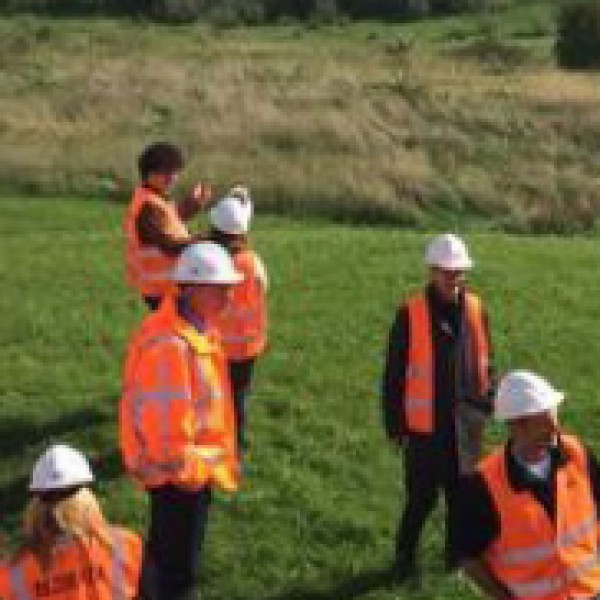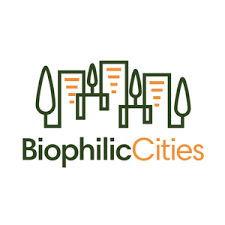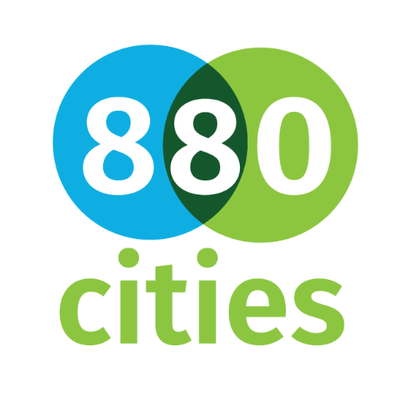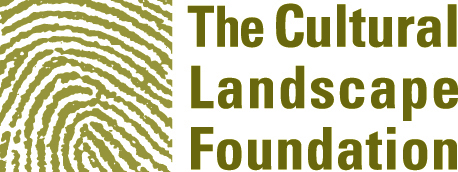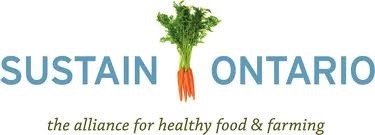The Ecological Design Lab is led by Professor Nina-Marie Lister at Toronto Metropolitan University’s School of Urban and Regional Planning, to test strategies, develop evidence-based next-generation practices, and find tangible, solutions to sustainability and resilience, as we rethink, remake, reinvent and renew our relationship to nature in the city.
Creative, evidence-based thinking, community-collaborative planning and informed, inspired design are composite, requisite criteria for active and informed responses to complex socio-ecological problems.
The Team

Nina-Marie Lister
Professor, Urban & Regional Planning, Toronto Metropolitan University; Visiting Professor of Landscape Architecture, Harvard University Director; Ecological Design Lab Founding Principal; PLANDFORM (MCIP, RPP, Hon. ASLA)

Sabrina Careri
Lab Manager + Communications Director (2020 - 2025)

Brendon Samuels
Postdoctoral Fellow (2025)
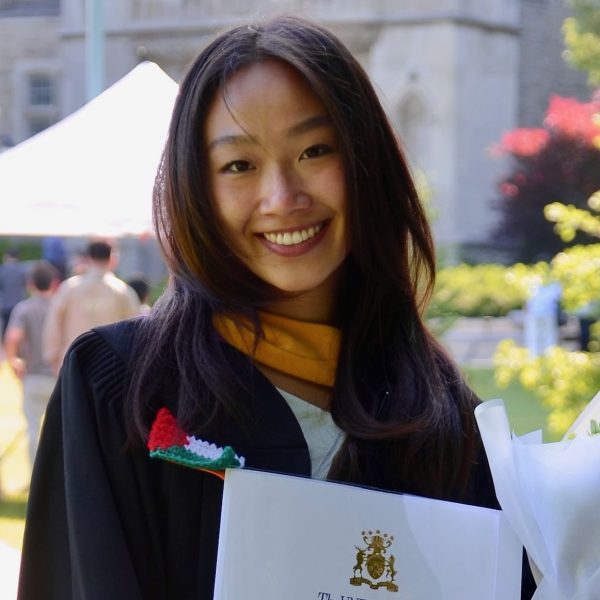
Miyu Lien-Takada
Research Assistant (2024 - 2025)

Sterling Sztricsko
Research Assistant (2025)
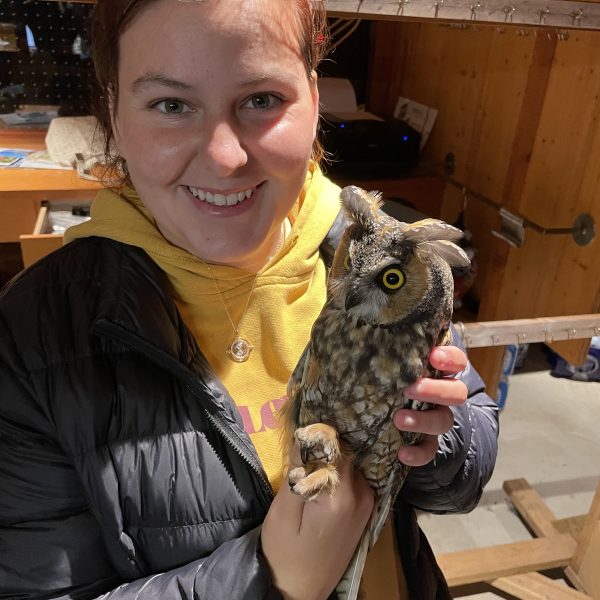
Jessica Daze
Research Assistant (2023)

Aylise Cooke
Research Assistant (2022 - 2023)

Victoria Blake
Research Assistant (2020 - 2022)

Carly Murphy
Research Assistant (2020 - 2021)

Jean-François Obregon Murillo
Research Assistant (2020 - 2021)
Jao Dantes
Research Assistant (2020 - 2021)

Marta Brocki
Project Manager (2012 - 2020)
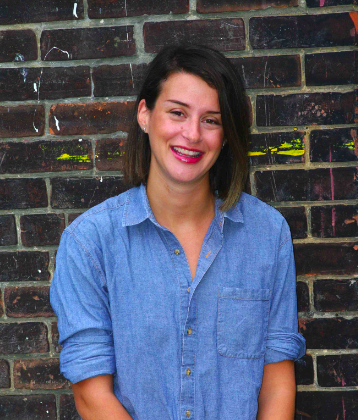
Alyssa Cerbu
Research Assistant (2018 - 2020)

Aaron Hernandez
Research Assistant (2017 - 2019)

Noah Lister-Stevens
Research Assistant (2016 - 2018)
Alexander Furneaux
Research Assistant (2018 - 2019)
Ethan McCarroll
Communications Assistant (2018 - 2019)
Anna Flood
Research Assistant (2018)
Joshua Wise
Research Assistant (2018)
Michelle Rowland
Research Assistant (2017 - 2018)
Brianna Aird
Research Assistant (2017 - 2018)
Andrew Muscat
Research Assistant (2017 - 2018)
Arleigh Hack
Research Assistant (2017 - 2018)
Brianne Della Savia
Research Assistant (2018)
Kenneth Scullion
Research Assistant (2018)
Sean Nash
Research Assistant (2017)
Vincent Racine
Research Assistant (2016 - 2017)
Adam Harrison
Research Assistant (2015 - 2016)
Collaborators
The National Environmental Treasure (NET) is a people’s trust fund devoted to the exclusive funding of Canadian environmental organizations, to increase their core capacity in critical areas such as environmental literacy, infrastructure support, public communications, and operational sustainability.
Fatal Light Awareness Program (FLAP) Canada is a registered Canadian charity widely recognized as the pre-eminent authority on the bird-building collision issue.
“Biophilic Cities facilitates a global network of partner cities working collectively to pursue the vision of a natureful city within their unique and diverse environments and cultures.”
Citation: Biophilic Cities. (n.d.). Our Vision. Biophilic Cities. Retrieved March 18, 2022, from https://www.biophiliccities.org/our-vision
is a non-profit organization bringing citizens together to enhance mobility & public spaces so we can create vibrant, healthy, & equitable communities.
is a public research university in Montreal, Quebec, Canada.
educates and engages the public to make our shared landscape heritage more visible, identify its value, and empower its stewards.
is an interdisciplinary partnership working to facilitate new thinking, new methods, new materials and new solutions for wildlife crossing structures.
is a living centre for education and science, committed to inspiring passion to protect wildlife and habitats.
works to ensure that the Living City is built on a natural foundation of healthy rivers and shorelines, greenspace, biodiversity, and sustainable communities.
envisions the design of open-ended, fluid ecological systems as the basis for adaptable, flexible and organic infrastructures, across a multitude of scales, that support and promote contemporary urban life.
moves sustainable city building ideas into action through research, design and collaboration.
is the largest city in Canada and has consistently been a leader in environmental policies and initiatives.
has the largest stretch of connected urban parkland in North America and is a leader in municipal sustainability and resilience.
empowers landowners, governments and other interested organizations to find sustainable, lasting solutions to environmental problems.
is Canada’s leader in innovative, career-focused education and a university clearly on the move.
is one of Canada’s most distinguished landscape architecture and urban design firms.
is a popular tourist destination in Ontario with a prominent agricultural tradition.
is one of Ontario’s most vibrant municipalities that has emerged as leader in responsible growth and the conservation of natural and cultural heritage.
specializes in cultural planning and mapping. It helps communities tell the stories that need to be heard, through good research, strategic analysis, and beautiful maps.
is a province-wide, cross-sectoral alliance that promotes healthy food and farming.

